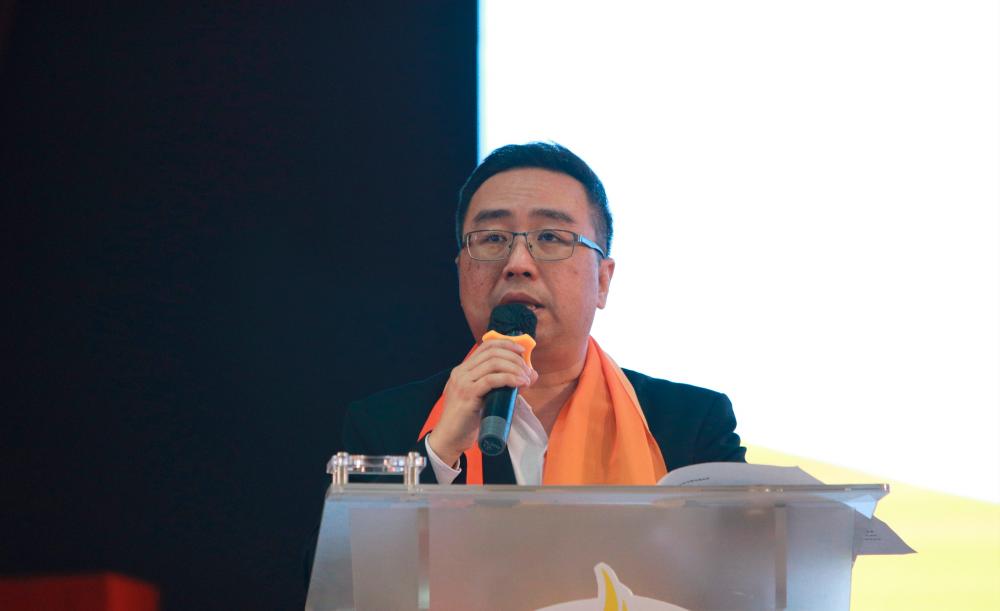KUALA LUMPUR: There is a need to create more technical talents with a better understanding of technology following the vigorous development of emerging technologies such as new energy and artificial intelligence, globally.
Science, Technology and Innovation Minister Chang Lih Kang (pix) said this is because the demand for highly skilled personnel would undoubtedly increase annually as more technology-based foreign investments would set foot in Malaysia.
“The government released the National Energy Transition Roadmap (NETR) last year which, through the implementation of 10 energy transition projects, will attract investments totalling RM25 billion, create approximately 23,000 jobs, and help Malaysia achieve zero carbon emissions by 2050.
“This also means that we need to train more skilled technicians to meet the needs of enterprises and assist Malaysia National Policy on Industry 4.0 (Industry4WRD),” he said at the launch of Merdeka University Berhad (MUB) Malaysia-China Vocational Education Fair 2024, here today.
Meanwhile, Chang said the MUB Malaysia-China Vocational Education Fair 2024, entering its third year, provided various avenues for students to further their education and seek consultation, assisting the nation in training more technical talents.
The minister said this year’s event is particularly significant as it is listed as one of the special activities commemorating the 50th anniversary of Malaysia-China diplomatic relations.
At the same time, Chang said MUB and its partners as the organising committee of this event, would be offering scholarships worth a total of RM10 million, providing opportunities for 500 Malaysian students to pursue further education in China.
“2024 marks the 50th anniversary of Malaysia-China diplomatic relations, and I believe that both countries have engaged in in-depth exchanges and cooperation in various fields such as trade, economy, technology, and education.
“I am looking forward to this exhibition facilitating the participation of more Malaysian youth in various vocational training courses and subsequently entering the workforce, thereby reducing Malaysia’s reliance on foreign non-technical labour,” he added. -Bernama













